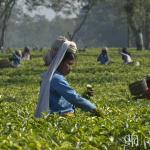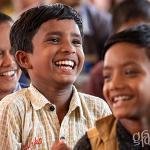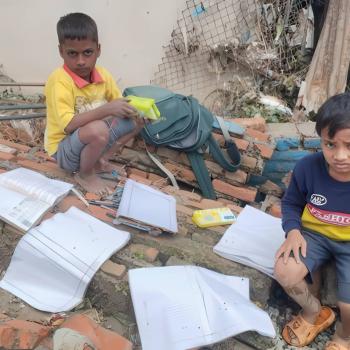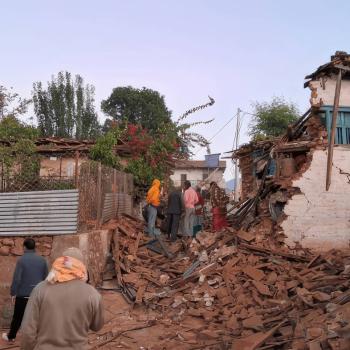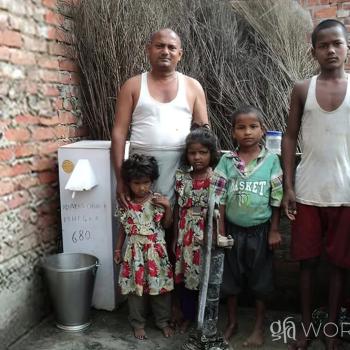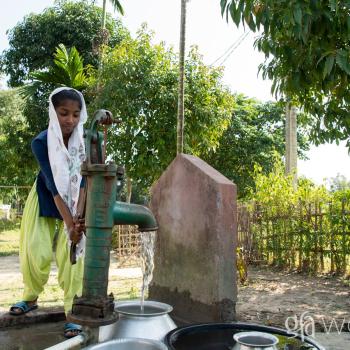WILLS POINT, TX – Gospel for Asia (GFA) – Discussing the stigma of leprosy and the experiences of Balan and his family in the span of generations – loneliness, isolation, desperation, and by God’s grace – hope.
Balan was only around 7 years old but already thinking about suicide. He spent his days sitting alone in a corner of his parents’ home, a shawl wrapped around him to cover his body. After being diagnosed with leprosy, his mother, father, siblings and the rest of his community excommunicated him.
“I was all alone,” Balan says. “I was not allowed to take a bath in a common water pond. I was not allowed to attend any festivals or any event or any celebration, so life was all lonely. I was very sad, and I used to feel rejected.”
He’d entertain thoughts of standing in front of an oncoming train to end his life. The pain of rejection and the loneliness, the stigma of leprosy, was too much for the young boy to handle on his own . . . until his brother-in-law heard about Balan’s situation.
“You don’t have to think like that,” he consoled. “You will be alright. … You will see the world once again.”
Those words gave Balan hope. Eventually, Balan’s brother-in-law took him to a mission hospital that specialized in leprosy. He spent six years there being treated; then he made his home in a village with other leprosy patients. Balan grew up, married, had children and enjoyed life—as much as was possible—with others who had experienced the same rejection and loneliness he had when he was a young boy.
Then, when one of Balan’s children contracted leprosy, he was there for them. He didn’t reject or excommunicate them; instead, he loved them and watched them grow older, marry and have children of their own. Thoughts of suicide no longer clouded Balan’s mind.
A Center Free from the Stigma of Leprosy
Balan’s granddaughter Nalika had a very different childhood than the one he experienced. Instead of being shut away and rejected by society because of her family, Nalika experienced a loving environment among other children from similar circumstances.
A Gospel for Asia (GFA)-supported Bridge of Hope center opened near Nalika’s village with the explicit purpose of protecting children from facing the same future their family members who suffered from leprosy faced. Out of the 125 students enrolled, Nalika was one of 33 children who came from a family affected by leprosy.
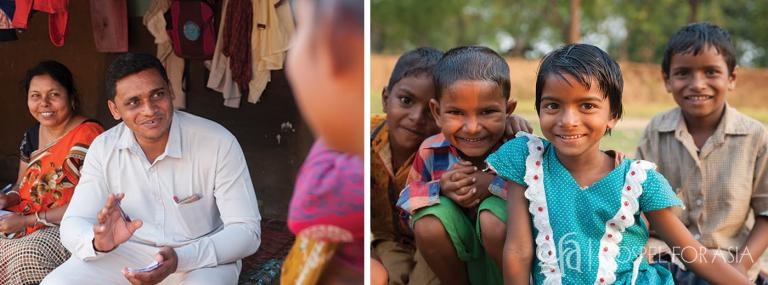
The staff at the center loved and encouraged each child equally, never pointing out the differences in family backgrounds. They made sure the children mingled with one another and learned to care for each other.
Vivash, the current project coordinator at the Bridge of Hope center, served as one of its social workers when the center opened in 2008.
“[Our leaders] thought to establish this project center so we can serve this kind of underprivileged children, so their lives will be better, and through them, their parents also will be developed,” Vivash says.
As a social worker, he’d visit the students’ homes, talk with parents and provide godly counsel. These visits became a source of joy for the families, especially for those who never before received visits because of their disease. It was a time to foster relationships and let them know that—no matter what they suffered from—Bridge of Hope was there for their children and for them.
When a child at the center seemed to have signs of leprosy, Vivash would inform the parents and encourage them to get their child treated at a nearby leprosy mission hospital. The child was never shut away or rejected at the center but was taken care of and watched over.
“We don’t want to make a partition among them,” Vivash says, “because if we [do that], they will feel very lonely … We don’t want them to feel like that, so that is the reason we don’t want to make them separate. We teach them together; we give them food together; we do programs together.”
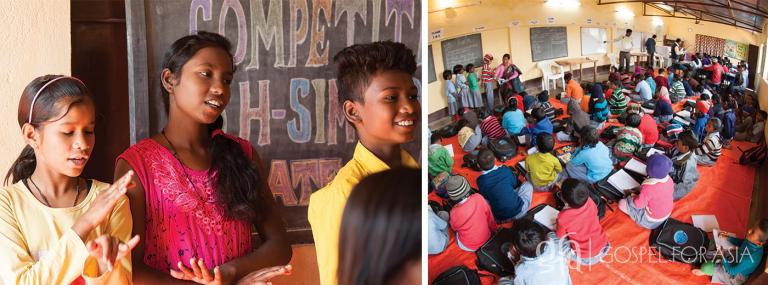
New World Through Bridge of Hope
More than 10 years have passed since Nalika started at the Bridge of Hope center. Having grown up with a parent and grandparents afflicted with leprosy, she was very familiar with the effects and stigma of the disease. When she was at the Bridge of Hope center, though, a new world opened up for her.
She learned how to sing, dance and draw. Her teachers taught her the importance of cleanliness and hygiene. They invested in her education and personal development and taught her how to excel. She also discovered an ambition to become a teacher.
“Having been going to Bridge of Hope for quite some time,” Nalika says, “I have learned so many good things that have impacted my life. It has helped me in my character.”
Throughout Nalika’s time with Bridge of Hope, she and her family have experienced a new life. She doesn’t live with the stigma of leprosy; suicide has never entered her mind; and Balan can rejoice knowing his future generations will live well and free of the stigma that dominated his.
Source: Gospel for Asia Reports, A Life Different Than His Own
Learn more about the GFA-supported leprosy ministry, or the Reaching Friends Ministry, helping remind people affected by leprosy that, despite the stigma of leprosy, they have dignity and are valued by God.
Read more in Gospel for Asia’s Special Report: Leprosy—Misunderstandings and Stigma Keep it Alive – Although It’s a Curable Worldwide Problem.
Click here, to read more blogs on Patheos from Gospel for Asia.
Learn more about Gospel for Asia: Facebook | YouTube | Instagram | Twitter | Sourcewatch | Integrity | Lawsuit Update | 5 Distinctives | 6 Remarkable Facts | Media Room | Poverty Solutions | Endorsements | 40th Anniversary | Child Labor | Lawsuit Response | 10 Milestones


